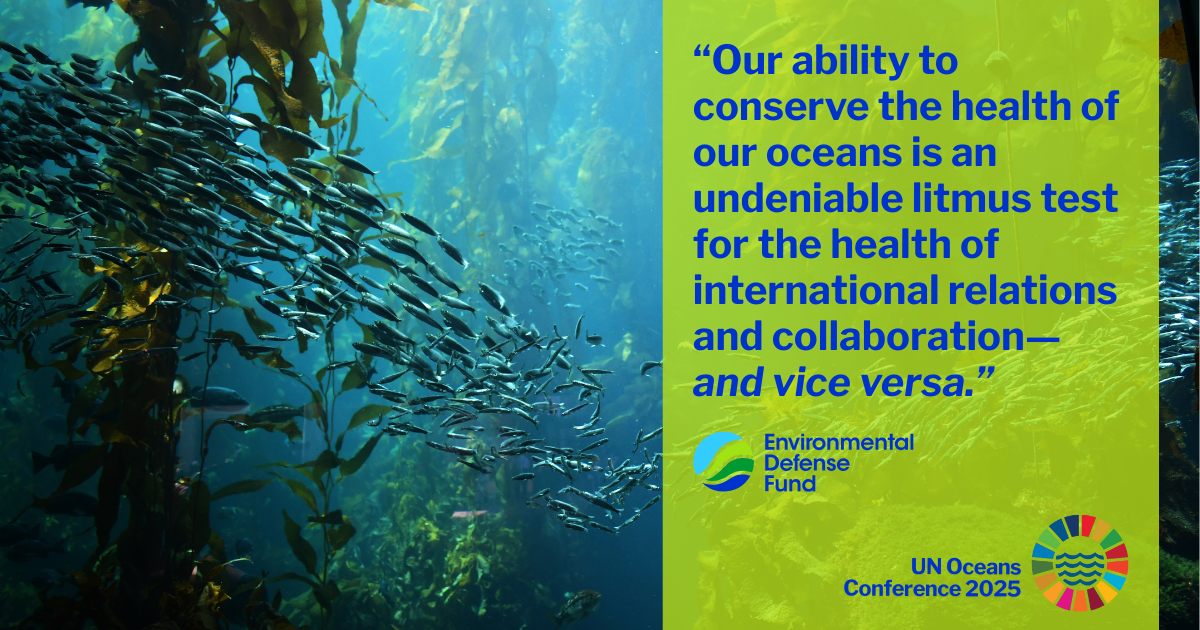Congress Supports Catch Shares

Yesterday, the House and Senate passed a minibus appropriations bill that funds NOAA for the remainder of fiscal year 2012. Today the President signed the measure into law.
Notably, the bill does not include a misguided measure that would have robbed local fishermen in the Atlantic and Gulf of Mexico of one of the most effective fishery management options available: catch shares. The bill also includes $28 million in catch shares funding that will go to support existing catch share fishermen, including those in the Pacific, New England, and Gulf of Mexico.
Opponents had made a last-ditch effort to add this anti-environmental rider onto the must-pass funding bill, but Members of Congress who represent fishermen who operate under catch shares pushed back. That’s because they know that catch shares aren’t just good for stewarding our marine resources, they’re also good for fishermen.
Just this week, more than 100 New England fishermen sent a letter to Congress asking lawmakers to reject the “series of increasingly dangerous proposals that truly put the future of our businesses and fisheries at risk.” The letter goes on to say that many of these fishermen “have been too busy making the new system work to consistently weigh in. This letter is our attempt to rectify that situation. We believe that, rather than rhetoric, our fishery needs New England’s elected leaders to promote stability, profitability and flexibility.”
Also this week, a crabber from Alaska described in the Wall Street Journal how catch shares has dramatically improved his fishery. His description of the dark days of the crab fishery sounds similar to the derby fisheries that still exist in the Southeast where trip limits and shortened seasons threaten the lives and safety of fishermen making it hard for them to make a living.
As fishermen across the country consider how to improve their fisheries, they need all tools on the table. Congress should not take options away from fishermen, especially options like catch shares that have proven so effective at protecting our marine environment and returning depleted fisheries to profitability.












